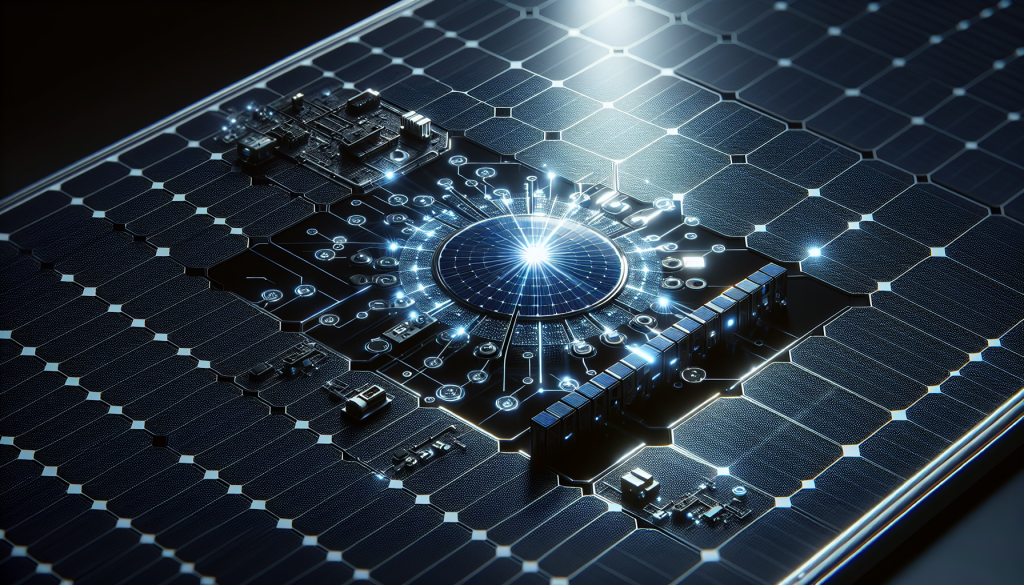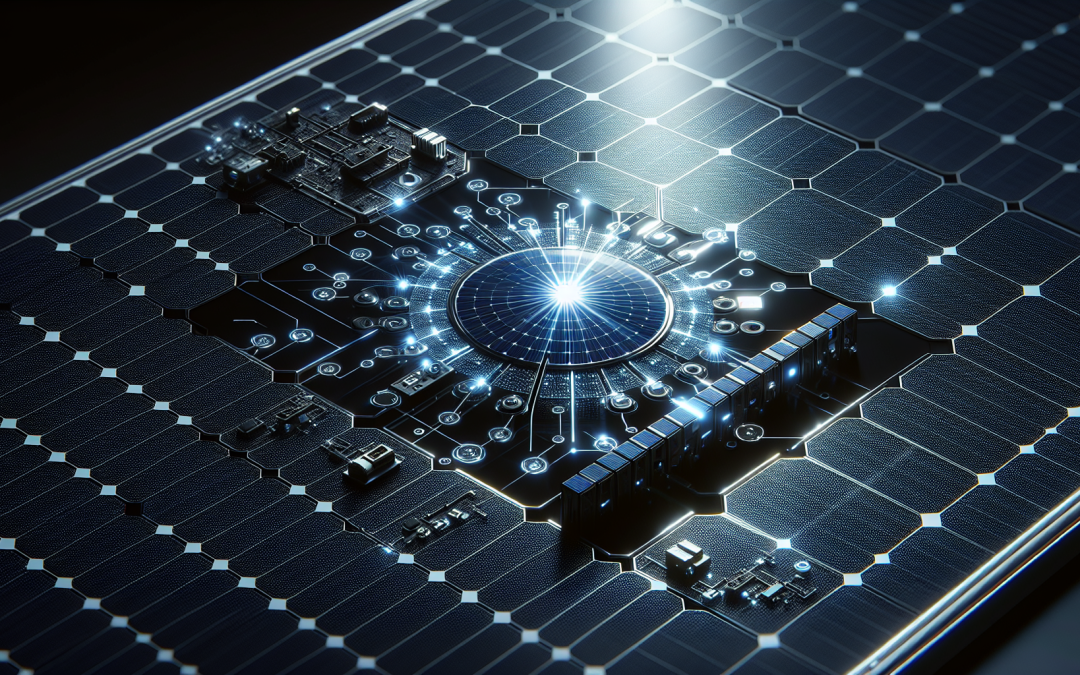Are you tired of high electricity bills and concerned about the impact of fossil fuel usage on the environment? Look no further than Wild Sun Solar! Our team is dedicated to providing you with the best solutions for harnessing the power of the sun with maximum efficiency. With our state-of-the-art solar panels, you can enjoy the benefits of renewable energy while saving money. At Wild Sun Solar, we believe in treating our customers like family, so give us a call today and let us guide you towards a brighter and greener future.
Solar Panel Efficiency
Solar panel efficiency is a crucial factor to consider when choosing a solar power system for your home or business. It refers to the amount of sunlight that can be converted into usable electricity by the solar panels. Higher efficiency means that the panels can produce more electricity within a given area or amount of sunlight. In this article, we will explore the factors that affect solar panel efficiency and discuss the different types of solar panels available in the market.
What is Solar Panel Efficiency?
Solar panel efficiency is a measure of how effectively solar cells can convert sunlight into electricity. It is typically expressed as a percentage, representing the ratio of electricity generated to the amount of sunlight received. A higher efficiency means that a solar panel can produce more electricity for a given amount of sunlight, which is particularly important in areas with limited sunshine or limited space available for installation.
Factors Affecting Solar Panel Efficiency
Several factors can affect the efficiency of a solar panel. Firstly, the quality and purity of the materials used in the solar cells play a crucial role. High-quality materials, such as silicon, are more efficient at converting sunlight into electricity. Similarly, the thickness and uniformity of the cells can impact efficiency.
Another important factor is temperature. Solar panels work best when they are cooler, so excessive heat can reduce their efficiency. Additionally, the angle and orientation of the panels in relation to the sun’s position affect their efficiency. Ideally, solar panels should be angled and placed to maximize exposure to sunlight throughout the day.

Types of Solar Panel Efficiency
There are several types of solar panels available in the market, each with varying levels of efficiency. Let’s explore some of the most common types:
Monocrystalline Solar Panels
Monocrystalline solar panels are known for their high efficiency and sleek appearance. They are made from a single crystal structure, which allows electrons to move more freely and generate more electricity. Monocrystalline panels have a higher cost compared to other types, but their efficiency and durability make them a popular choice for many installations.
Polycrystalline Solar Panels
Polycrystalline solar panels are made from multiple crystals and have a characteristic blue color. Though they are slightly less efficient than monocrystalline panels, they are more affordable and have a shorter energy payback time. Polycrystalline panels are also known for their good performance in low-light conditions, making them suitable for regions with less sunlight.
Thin-Film Solar Panels
Thin-film solar panels are less efficient compared to crystalline panels, but they have several advantages. They can be made flexible, which allows them to be integrated into various surfaces, such as curved structures or flexible materials. Thin-film panels also tend to perform better in high temperatures and shaded conditions, making them a suitable choice for certain installations.
PERC Solar Panels
Passivated Emitter and Rear Cell (PERC) solar panels are an advancement in solar cell technology. They feature an additional layer on the rear surface of the cell, enhancing the collection of sunlight and improving efficiency. PERC panels are known for their higher power output and improved performance in high temperatures. However, they are generally more expensive than traditional crystalline panels.
Bifacial Solar Panels
Bifacial solar panels have the ability to generate electricity from both the front and rear sides of the panel. They capitalize on reflected or diffused light to enhance overall electricity production. By capturing sunlight from both sides, bifacial panels can improve efficiency by up to 30%. These panels are typically more expensive than traditional ones, but they can be a suitable option for installations where light is reflected off surrounding surfaces, such as snow or white rooftops.
CIGS Solar Panels
Copper Indium Gallium Selenide (CIGS) solar panels are a type of thin-film solar panel known for their high efficiency and flexibility. They can be manufactured using low-cost materials, making them more affordable compared to other types of thin-film panels. CIGS panels perform well in low-light conditions and have good temperature tolerance. However, they are less commonly used due to their relatively lower availability in the market.
Factors to Consider for Improving Solar Panel Efficiency
When planning to improve solar panel efficiency, there are several factors to consider. Firstly, selecting high-quality solar panels with advanced technology, such as monocrystalline or PERC panels, can significantly boost efficiency. Additionally, proper installation and positioning of the panels to maximize sunlight exposure throughout the day will further enhance their performance.
Regular maintenance, including cleaning the panels to remove any dust or debris, can also help increase efficiency. Shading from nearby objects, such as trees or buildings, should be minimized to ensure maximum sunlight exposure. Finally, monitoring the performance of the solar panels and addressing any issues promptly can prevent efficiency loss over time.
In conclusion, solar panel efficiency is a crucial aspect to consider when investing in solar energy. Understanding the factors that affect efficiency and the different types of solar panels available can help you make an informed decision. By selecting high-quality panels and optimizing their installation and maintenance, you can maximize the electricity generation and long-term savings from your solar power system.




